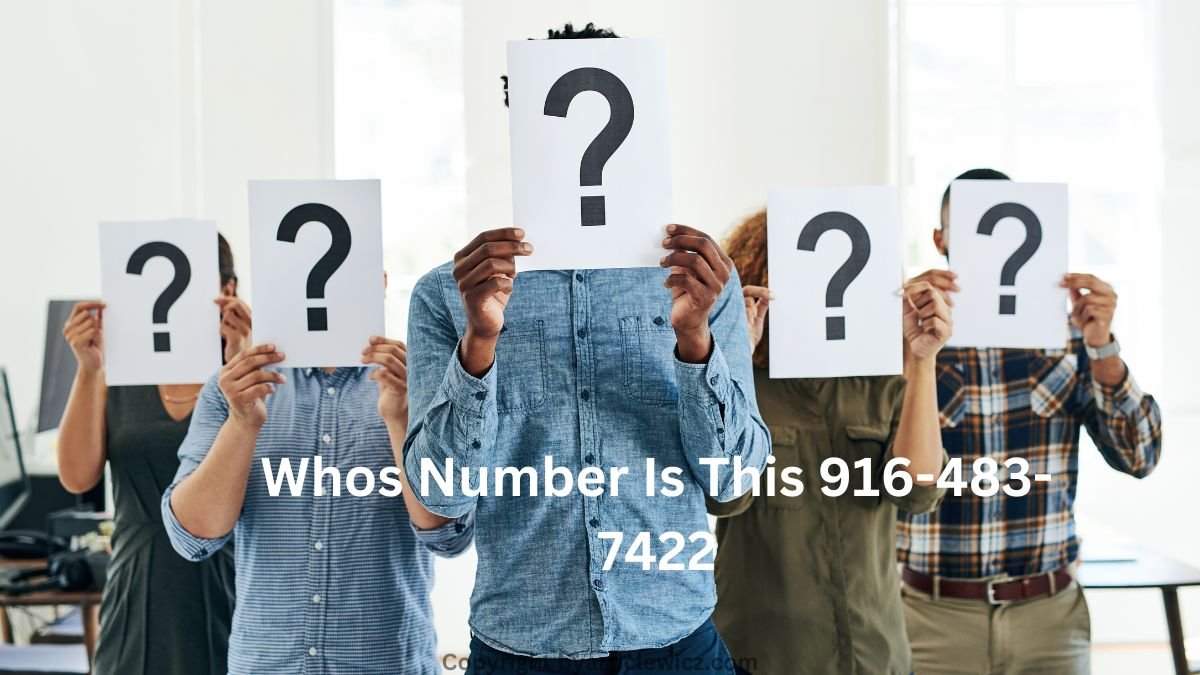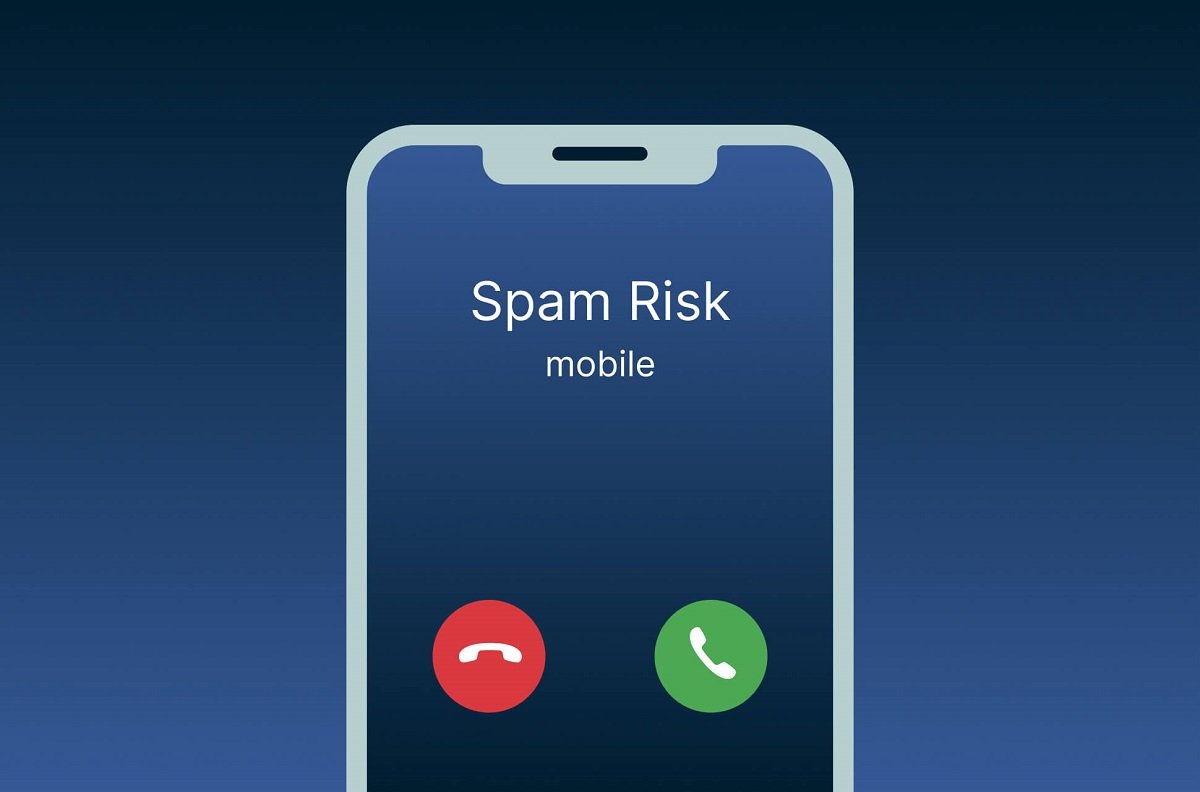In today’s fast-paced, technology-driven world, receiving calls from unknown numbers can be both a nuisance and a cause for concern. If you’ve found yourself wondering about the number 916-483-7422, you’re not alone. Many people are keen to identify unknown callers, especially when the calls become frequent or suspicious. Here’s everything you need to know about this particular phone number.
Understanding the Area Code
Before diving into the specifics of the number 916-483-7422, it’s essential to understand its area code. The 916 area code serves Sacramento, California, and its surrounding regions. This area code was one of the original area codes established in California back in 1947. The area encompasses a mix of urban and suburban environments, making it a hub for businesses, services, and residential areas.
Receiving a call from a 916 number can indicate that the caller is local or connected to the region in some way. However, it’s crucial to remember that area codes can be easily spoofed, meaning that callers can mask their actual location.
Caller Identification: Who’s Behind 916-483-7422?
Identifying the owner of a specific phone number can be challenging, especially if it’s not publicly listed or is associated with a private individual. Various methods can help you uncover the identity behind 916-483-7422:
- Reverse Phone Lookup: Websites and apps such as Whitepages, AnyWho, and Spokeo offer reverse phone lookup services. By entering the number, you may discover details like the name associated with the number, the type of phone (landline or mobile), and even the location.
- Social Media: Many people link their phone numbers to social media accounts. Searching the number on platforms like Facebook, Instagram, or LinkedIn might yield results.
- Google Search: A simple Google search with the phone number in quotes may lead you to forums, complaint websites, or news articles mentioning the number.
Possible Reasons for Receiving Calls
When you receive calls from 916-483-7422, it could be for various reasons. Here are some common scenarios:
- Telemarketing: Many businesses use phone calls to promote their products or services. If you’ve received multiple calls from this number, it might be a telemarketing attempt.
- Robocalls: Automated calls that deliver pre-recorded messages have become increasingly common. These calls can be from legitimate companies, but they can also be scams.
- Scam Calls: Unfortunately, scams are prevalent, and many individuals report receiving calls from numbers that either hang up or attempt to extract personal information. If you receive a suspicious call from 916-483-7422, it’s best to err on the side of caution.
- Personal Contacts: It’s possible that 916-483-7422 belongs to someone you know or have dealt with in the past.
What to Do If You Receive a Call
If you receive a call from 916-483-7422 and want to find out more about it, consider these steps:
- Do Not Engage: If the caller asks for personal information, it’s advisable not to share any details. Legitimate businesses will never ask for sensitive information over the phone.
- Call Back Cautiously: If you decide to return the call, ensure that you verify the number through other sources before doing so. Scammers often use familiar-sounding names and numbers to trick individuals into calling back.
- Block the Number: If you determine that the calls are unwanted or harassing, consider blocking the number on your phone. Most smartphones have built-in features for blocking unwanted calls.
- Report the Number: If you suspect the number is involved in illegal activities or scams, consider reporting it to your local authorities or the Federal Trade Commission (FTC).
Conclusion
In a world where phone calls from unknown numbers are a common occurrence, understanding who is behind a specific number like 916-483-7422 can provide peace of mind. Whether it’s a telemarketer, a scammer, or someone you know, knowing your options for identifying and managing unwanted calls is essential. Utilize the resources available, remain cautious, and protect your personal information. If you’re ever in doubt, it’s always best to err on the side of caution.









